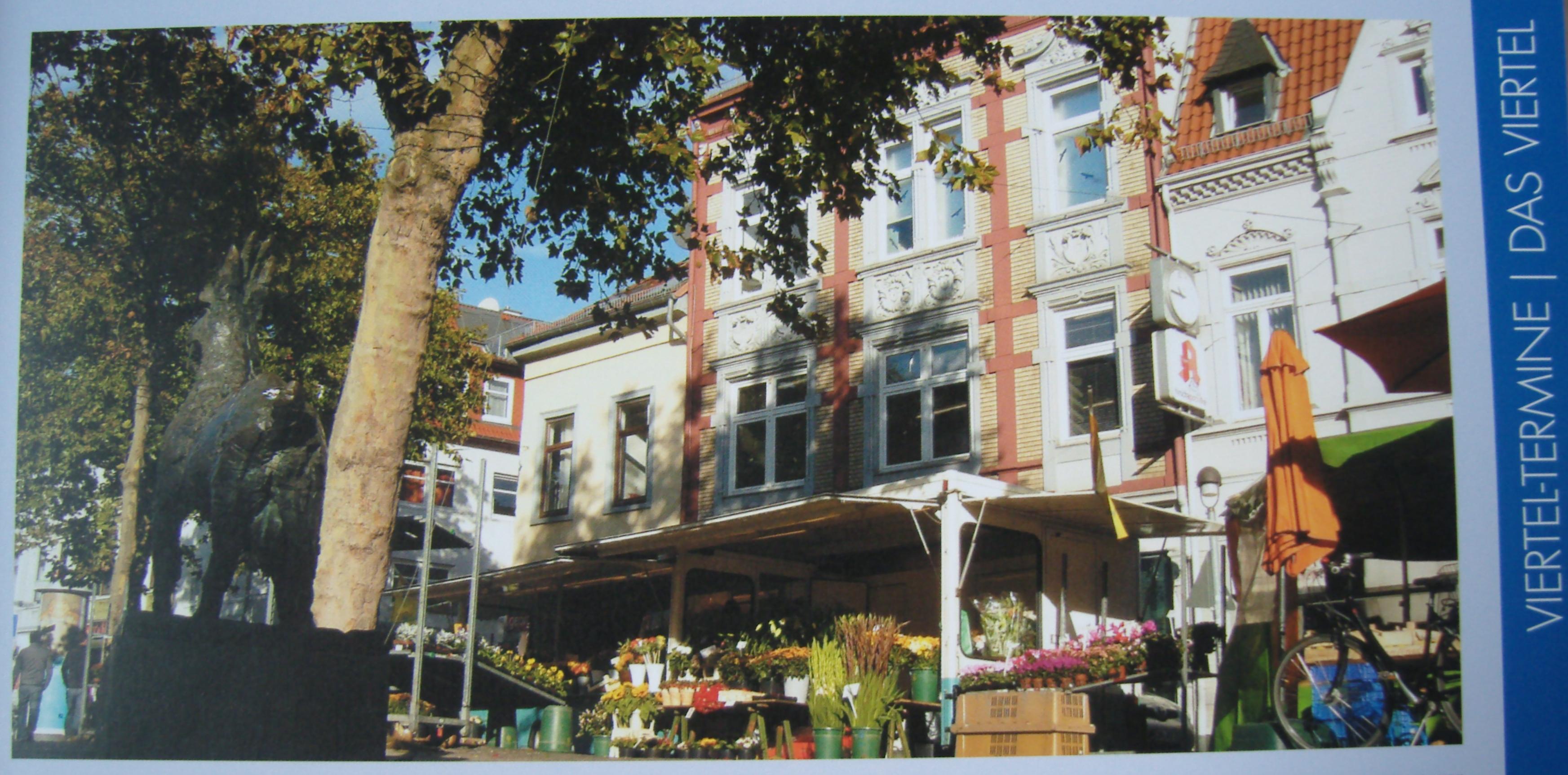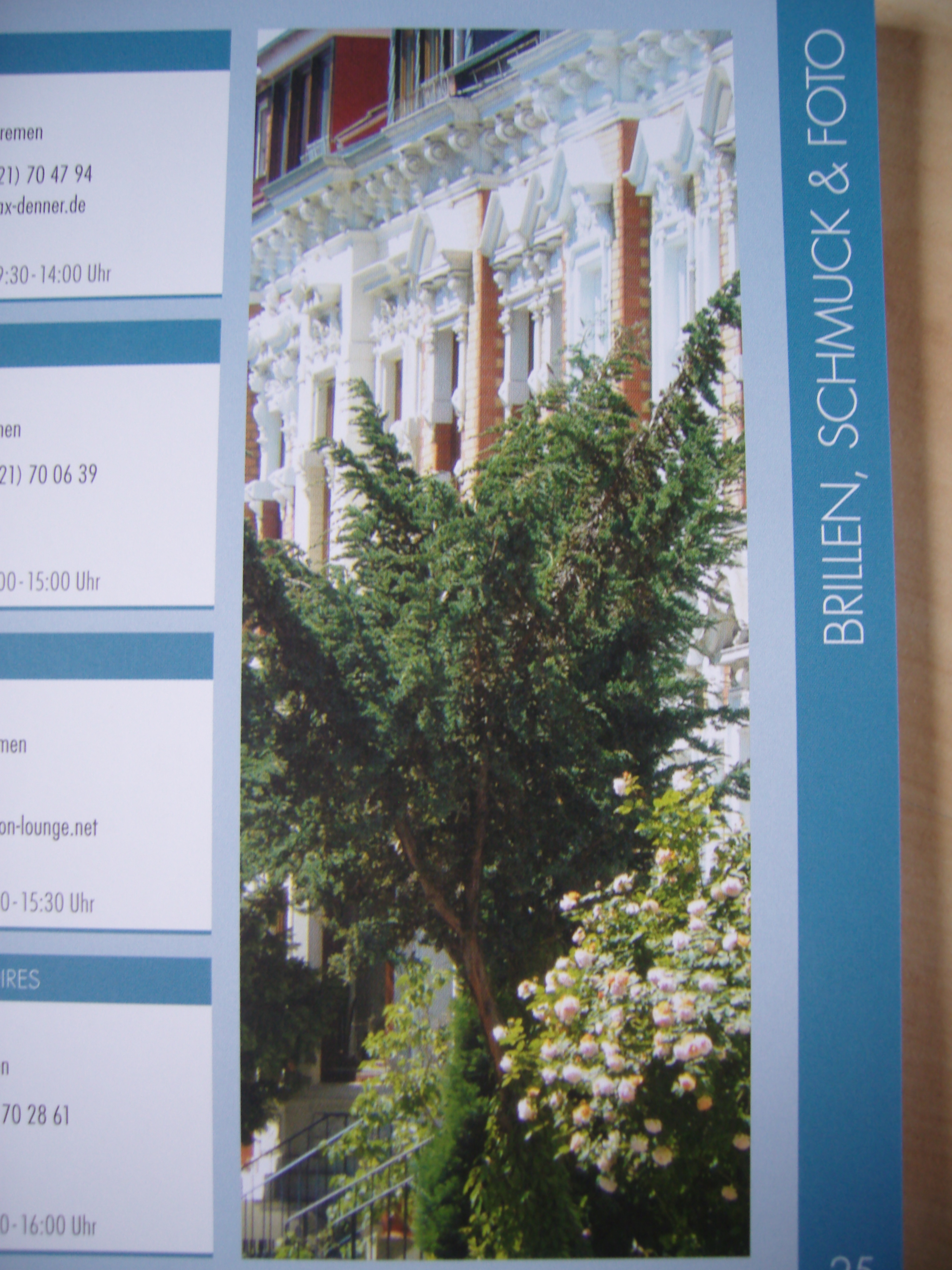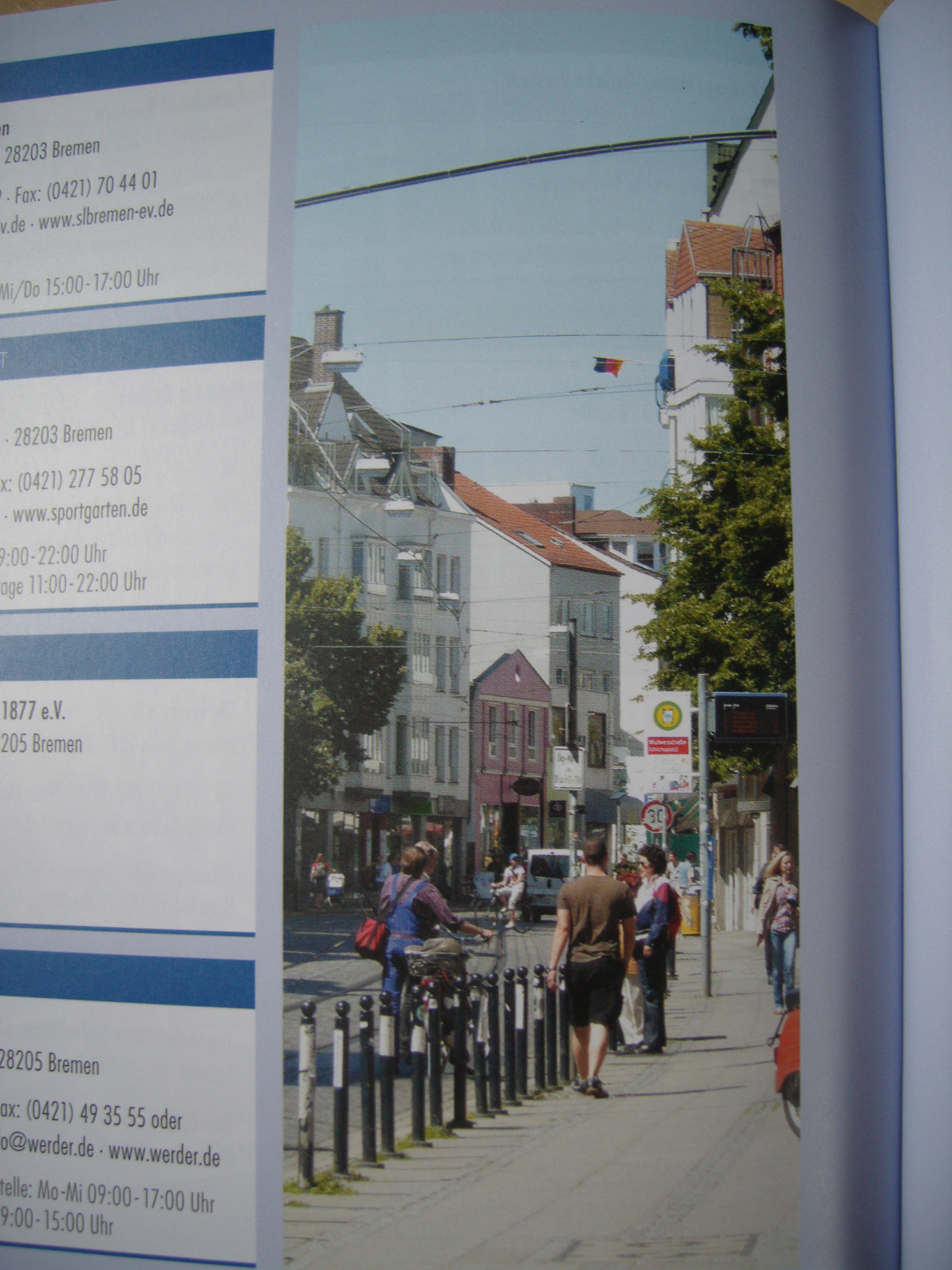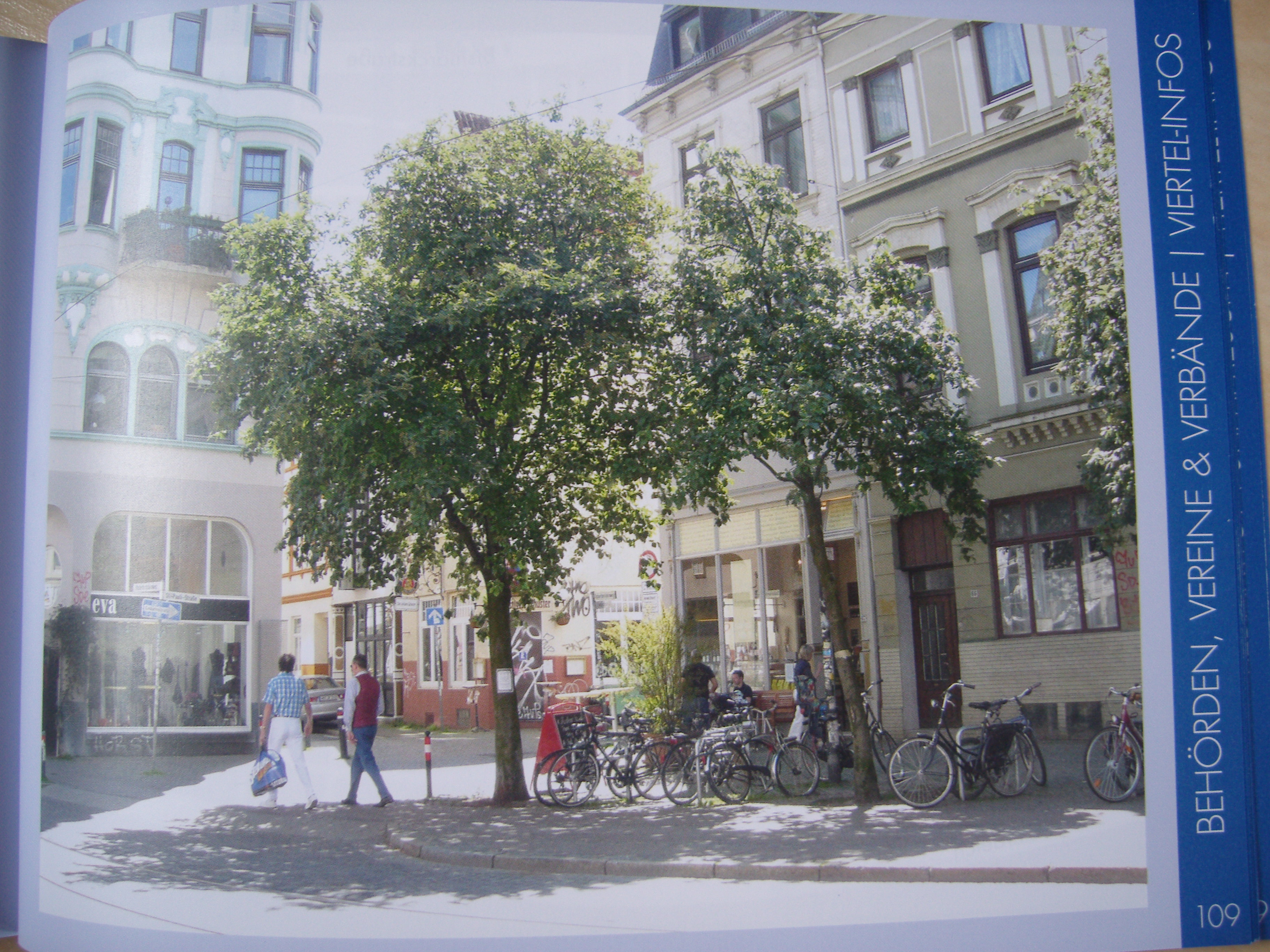The subliminally induced car centricism prevalent in the UK is extraordinary. Here are some hints.
Number plates in Germany are marked by area [http://de.wikipedia.org/wiki/Liste_der_Kfz-Kennzeichen_in_Deutschland]. Braunschweig, my home town therefore is BS. Surrounding areas are Wolfenbüttel (home of Jägermeister) with WF; Wolfsburg (where Volkswagen have their big factory) is WOB and so on. Why is this important? You know whether someone is "ortsfremd" ie not from here - and you take extra care cuz they may not know the place and are prone to making funny manoeuvres. It's taught to new drivers in the driving lessons as something to specifically look out for. I addition, it's a technical plate and there's little way to personalise it. And: you can remember it easily.
UK? Pandemonium plates! And special people can get their special plates. (In some ways, I suppose that's good as you can remember them better if you wanted to make a complaint.)
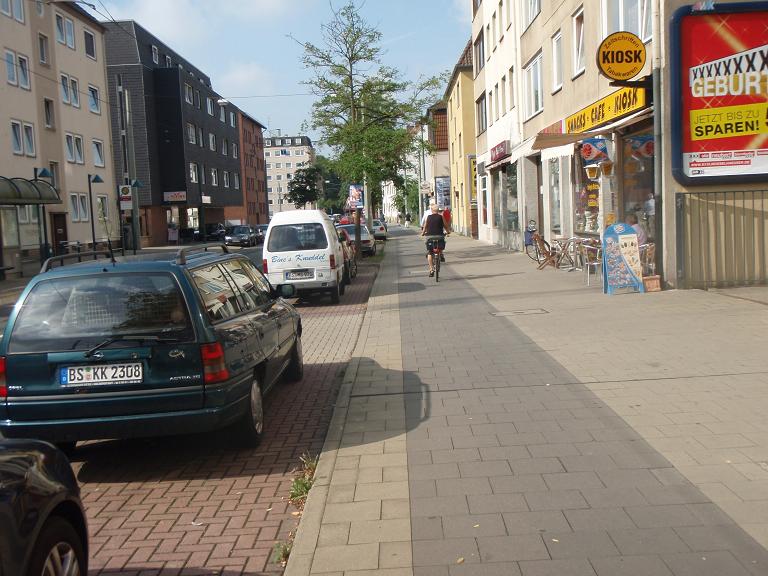 |
| Example: German number plate, where BS = Braunschweig |
Then there are other signs. The yellow sign at the entrance to a town or village doubles as a speed limitation sign. As a default, drivers are to proceed with a maximum of 50 kmh (30mph). Removes clutter, and is a clear signal: if there's a town there must be people and they deserve safety which lower speed provides.
UK? Clutter and uncertainty.
German car parking is more strict. "Parken in Fahrtrichtung rechts!" You are taught to park on the road side away from the driver (Germany on the right / hence UK to the left) - by failing to do so you can even attract a parking ticket! It would be seen as parking unsafely because when pulling out you would have to stick your bonnet into the road before you can see properly. Wham!
UK? Chaos prevails. Inconsiderate car parking enforcement nigh non-existent anyways. Free for all!
How about language? German's military "Fahrerflucht" (driver abscondence) is a lot harsher than our trivialised "hit and run". But then, German language is known for its technical correctness and accuracy so I won't bore you further.
Don't get me wrong! This takes nothing away from the fact that Germans love their cars. But maybe not as much as someone else's life.
So what's the verdict? Would you go for chaotic conflict or fastidious fairness?



